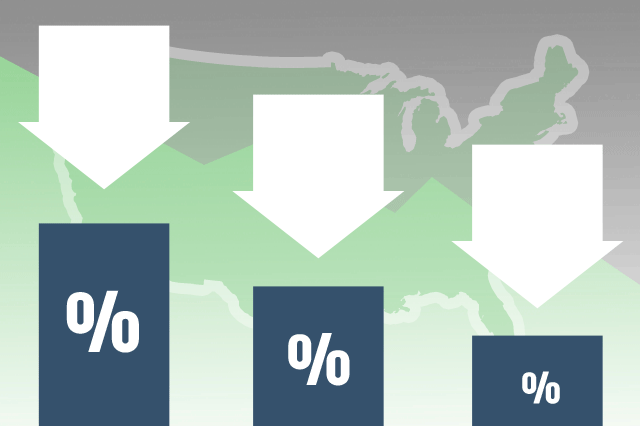FHA Mortgage Rates Remain Below 3%

Lower rates technically mean more affordable loans, though borrowers should be careful to ask about closing costs as some mortgage loan interest rate moves may feature lower rates but elevated closing costs.
The lowest rates are available to those who are the best financial qualifications, but in an age of market volatility the lower rates can benefit more borrowers--especially those who understand how their credit scores and loan repayment history affect their ability to be offered the most competitive rates.
But the question for some remains; why are rates this low? And what happens next?
Mortgage loan interest rates are not directly controlled by the Fed, but investor reaction to Fed policy statements DOES affect rates. In the second week of 2020, many financial blogs noted that the Fed committed to more bond purchases (as part of the plan to stabilize the economy) making the Fed an important buyer of mortgage debt.
That demand results in lower mortgage rates.
The Fed has also discussed the concept of a zero-percent interest rate or a near-zero rate. This, however, does not pertain to mortgage loan interest rates--look at any finance blog that covers these topics and you’ll soon learn that rate applies to something called the Fed Funds Rate, not the mortgage industry.
There are other factors that influence today’s low rates, but the Fed bond buying program is an important part of that.
What does all this mean for the average borrower? Rates are lower, demand may be higher, and borrowers who want to get the best mortgage loan for the money need to evaluate three things.
- How ready your credit is (no late or missed payments for 12 months ahead of your mortgage).
- How great the demand is in your market.
- Whether or not you are able to make a higher down payment if your credit scores are lower than the typical approval range.
Why are these issues important? If your credit is not ready for a home loan application, you risk being denied the loan. If you are applying for a loan with good credit in a competitive housing market, high home loan or refinance loan demand may make it tougher to get a place in line for loan approval.
And if you do have lower credit scores, if you bring a higher down payment to the process your lender may be more willing to work with you in spite of the scores. Much depends on circumstances and your loan officer will evaluate your application individually if further attention is necessary.
Start preparing for your home loan as early as possible by monitoring your credit, saving for your down payment and closing costs, and working on your credit scores.
------------------------------
RELATED VIDEOS:
Your Mortgage Payment Schedule Is Called Amortization
Information About the Balloon Payment
Reliable Borrowers Can Qualify for a Cash-Out Refinance

Do you know what's on your credit report?
Learn what your score means.






